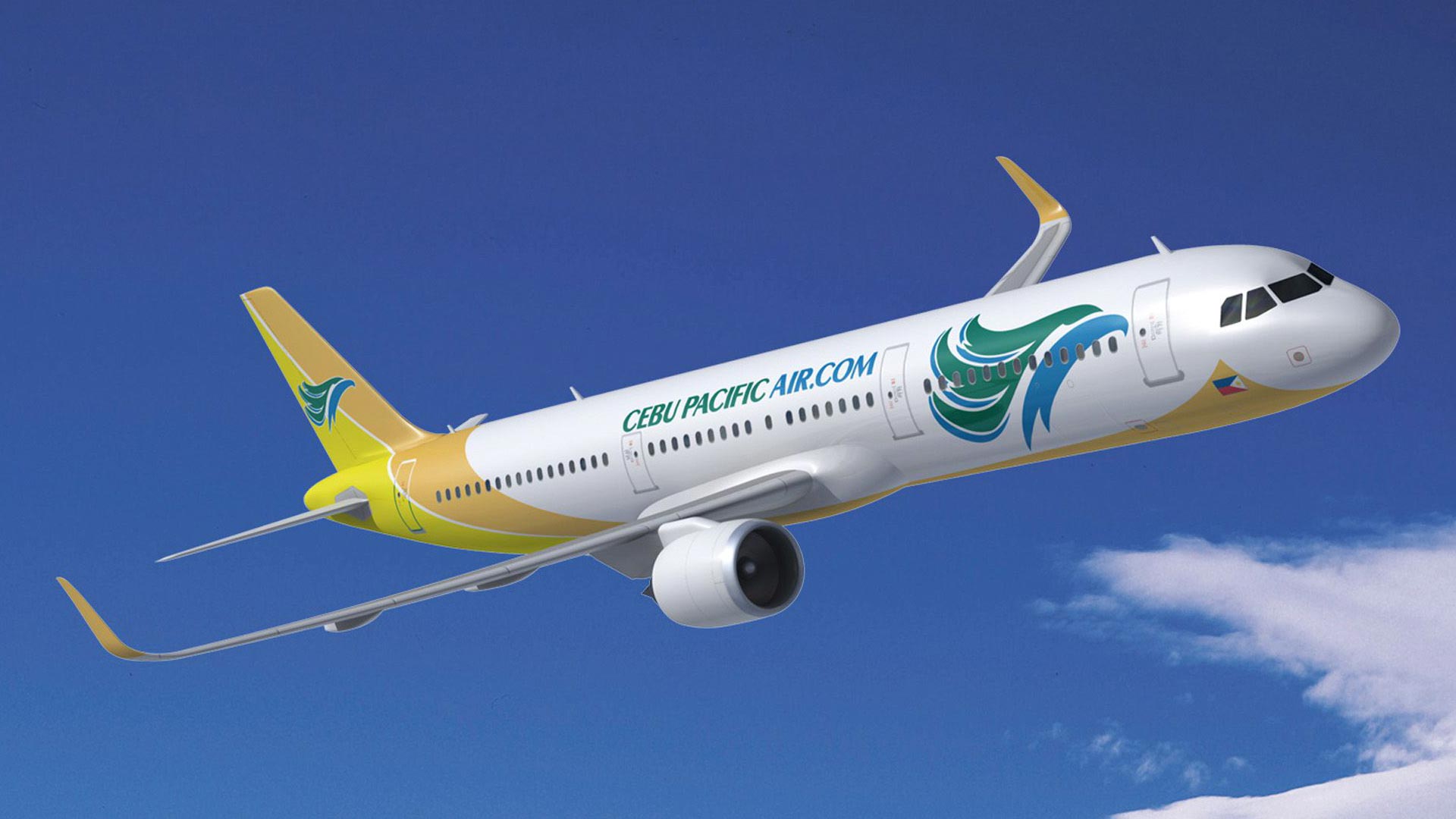Cebu Pacific (CEB) operated on Wednesday, September 28, a Singapore to Manila passenger flight powered by sustainable aviation fuel (SAF), becoming the first Philippine carrier to incorporate SAF in its commercial operations.
The Philippine carrier’s maiden SAF flight was operated with an Airbus A321neo, using 35% blended SAF produced by Neste and supplied by Shell Eastern Petroleum.
“SAF will help the aviation industry reduce its carbon emissions,” said Alex Reyes, Chief Strategy Officer at Cebu Pacific. “We encourage more producers to increase the supply of SAF in the region. Our first passenger flight using SAF is a culmination of months of cooperation with valued partners and is an important component of our sustainability program.”
A day before the commercial flight, Cebu Pacific signed a long-term strategic partnership with Shell Eastern Petroleum to collaborate on making SAF more widely available, demonstrating the two parties’ commitment to decarbonization and sustainability. The Memorandum of Understanding (MOU) explores the supply and purchase of SAF in Asia-Pacific and the Middle East, with an initial supply volume of at least 25 kilotons per year.
“We are excited to work with Cebu Pacific in this five-year collaboration as we both believe that SAF is the best option available now for aviation to decarbonize by 2050. This agreement is testimony to the growing demand in the Asia Pacific region and we are ready to meet that need,” noted Jan Toschka, President of Shell Aviation.
CEB used SAF for the first time in May on a delivery flight of a brand new A330neo from France to the Philippines. In line with its sustainability initiatives, blended SAF will be part of the standard procedures in all future Airbus NEO deliveries.
For the maiden SAF flight, Cebu Pacific utilised its A321neo aircraft. As with all in-production aircraft, the A320neo family is certified to operate with a 50% SAF blend and Airbus is committed to enabling the use of up to 100% SAF by 2030.
Speaking at the event, Anand Stanley, President Airbus Asia-Pacific, said: “At Airbus we are fully committed to ensuring a sustainable future for our industry and we are pleased to partner with Cebu Pacific on this journey. Together we have a shared commitment to reach the industry goals of net zero by 2050 and the increased use of SAF will lead to a significant reduction in carbon emissions. Aircraft manufacturers, airlines, energy providers, airports and regulators must all work together as we work towards the decarbonisation of our industry.”
Cebu Pacific will take delivery of one more A33Oneo in November and one A320neo aircraft in December. As part of the airline’s sustainability efforts, it aims to transition to an all-NEO fleet by 2028 and incorporate the use of blended SAF for its entire commercial network by 2030.
The airline’s sustainability goal is aligned with global aviation’s goal of achieving net zero carbon emissions by 2050.

